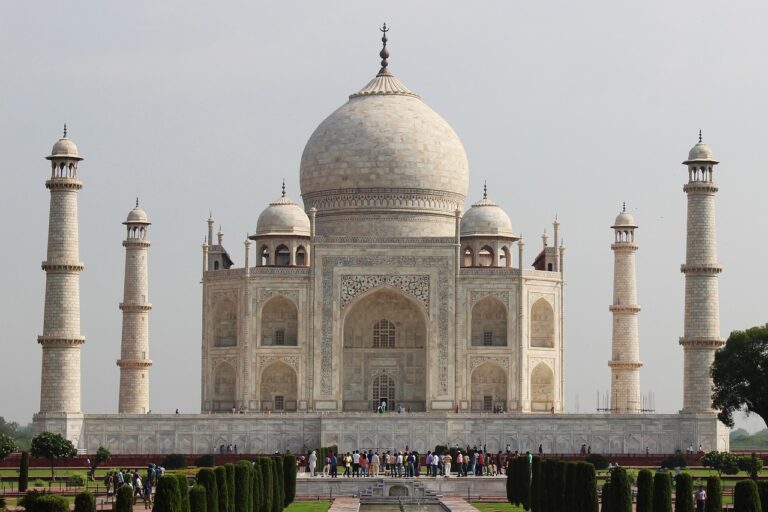The Ethics of Election Interference
In the realm of politics, ethical principles serve as the foundation for upholding integrity and ensuring accountability among leaders and policymakers. The adherence to ethical standards is essential in fostering trust and transparency in governmental processes, thereby preserving the democratic values of a society. It is imperative for political actors to demonstrate honesty, fairness, and respect for the rule of law in their decision-making and actions.
Moreover, ethical principles in politics also extend to the responsible use of power and authority. Leaders are tasked with representing the interests of their constituents and serving the greater good of society, requiring them to act with integrity and uphold moral values in their governance. By prioritizing ethical conduct, politicians can promote a culture of honesty and integrity within their institutions, ultimately strengthening the democratic fabric of a nation.
Historical Examples of Election Interference
Throughout history, election interference has been a prevalent issue in shaping political outcomes across the globe. One prominent example dates back to the United States presidential election of 1972, where the Watergate scandal unfolded. The illegal activities carried out by the Nixon administration, such as break-ins and wiretapping, aimed to undermine the Democratic Party’s campaign. This interference not only led to President Nixon’s resignation but also highlighted the importance of preserving the integrity of electoral processes.
Another significant instance of election interference occurred during the 2016 United States presidential election. Russian interference through social media manipulation, hacking of political parties’ emails, and dissemination of propaganda aimed to sway public opinion and influence the election’s outcome. The findings of various investigations revealed the extent of foreign intervention and raised concerns about the vulnerability of democratic systems to external manipulation. These events served as a stark reminder of the need for robust safeguards to protect the integrity of democratic elections.
• The Watergate scandal in the 1972 US presidential election involved illegal activities by the Nixon administration to undermine the Democratic Party’s campaign.
• Russian interference during the 2016 US presidential election included social media manipulation, hacking of political parties’ emails, and dissemination of propaganda.
• Both instances highlighted the importance of preserving electoral processes and implementing safeguards against external manipulation.
The Impact of Election Interference on Democracy
Election interference poses a significant threat to democracy by undermining the integrity of the electoral process. When external actors manipulate election outcomes through tactics such as disinformation campaigns or cyberattacks, they erode the trust of citizens in their government and political institutions. This erosion of trust can lead to a loss of faith in the democratic system itself, casting doubt on the legitimacy of elected officials and the overall fairness of the electoral process.
Moreover, election interference can result in a skewed representation of the will of the people, as manipulated outcomes do not accurately reflect the choices and preferences of voters. This distortion of the electoral results can have far-reaching consequences, impacting the ability of elected officials to govern effectively and make decisions that truly represent the best interests of the population. Ultimately, the impact of election interference on democracy goes beyond individual elections, shaping the overall health and functioning of democratic societies.
What are some ethical principles that should be upheld in politics?
Some ethical principles that should be upheld in politics include honesty, transparency, integrity, accountability, and respecting the rule of law.
Can you provide some historical examples of election interference?
Some historical examples of election interference include the Russian interference in the 2016 US presidential election, the Watergate scandal, and the Iran-Contra affair.
How does election interference impact democracy?
Election interference can undermine the democratic process by manipulating election outcomes, eroding public trust in the electoral system, and weakening the legitimacy of elected officials. It can also distort the will of the people and hinder the ability of citizens to make informed decisions.







